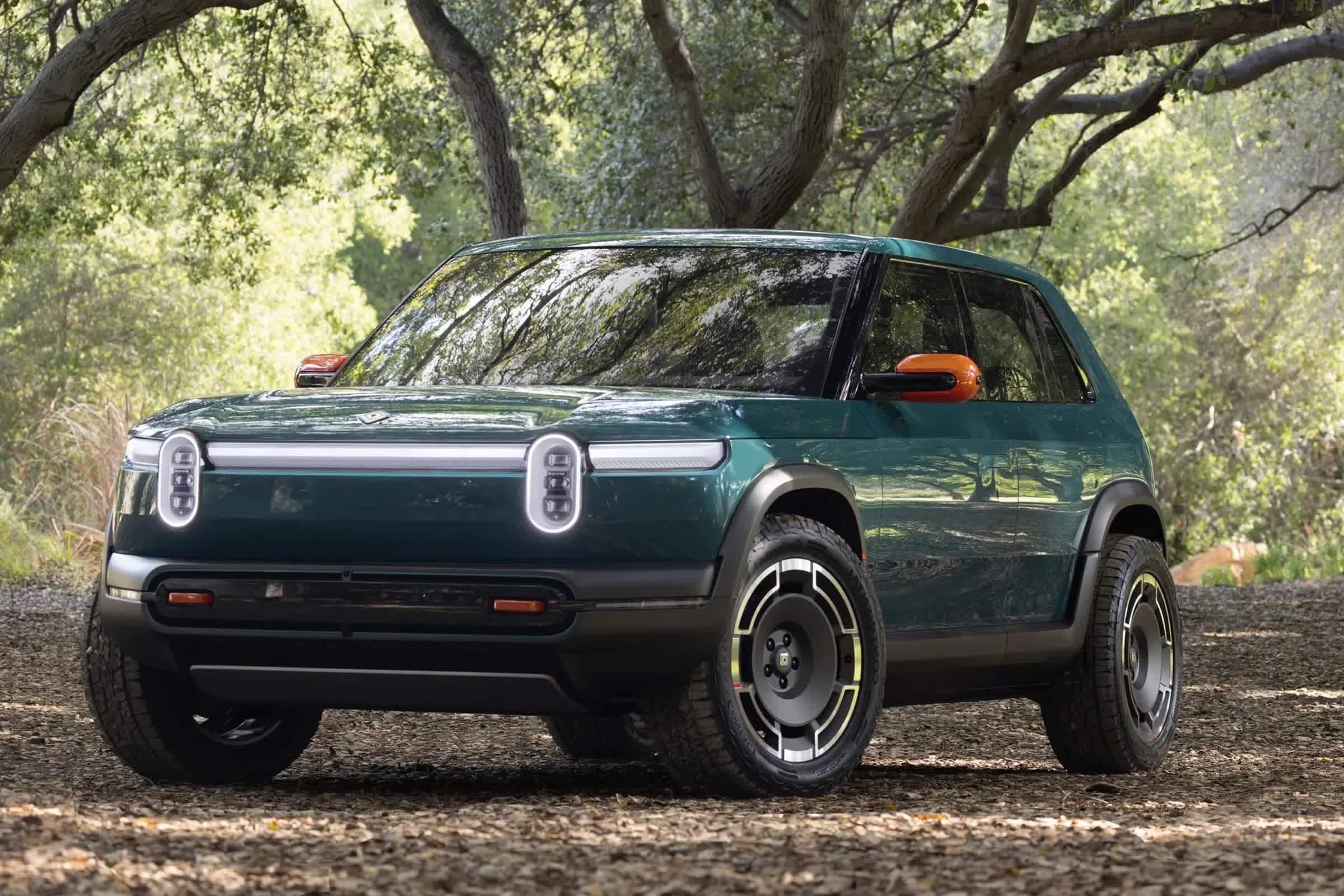Learn extra at:
Backside line: The electrical car business is going through a interval of turbulence as automakers throughout the globe alter their methods in response to shifting insurance policies and a cooling market in the US. Whereas EV gross sales proceed to climb worldwide, a wave of delays and cancellations is reshaping the way forward for many extremely anticipated fashions.
A serious turning point for the US market arrived with the latest passage of President Donald Trump’s $3.4 trillion “Huge, Stunning” funds invoice, which included the abrupt finish of the federal EV tax credit score. Set to run out on the finish of September, the $7,500 credit score has lengthy been a cornerstone of EV affordability for American shoppers. The brand new regulation, which additionally reversed stricter emissions requirements, has left automakers scrambling to adapt their product plans and pricing methods.
Sellers at the moment are racing to maneuver stock earlier than the inducement disappears, however many within the business concern a pointy drop in demand as soon as the credit score is gone. The uncertainty has prompted a number of producers to pause, delay, and even scrap new EV initiatives as they gauge the market’s subsequent transfer.
Nissan, as soon as an EV pioneer, is scaling again its ambitions. Manufacturing of the next-generation Leaf, a key a part of Nissan’s restoration technique, has been decreased attributable to uncommon earth mineral shortages and the looming finish of US tax credit. Two new electrical SUVs deliberate for the corporate’s Mississippi plant have additionally been pushed again by almost a 12 months, with the Japanese agency citing slowing demand and coverage headwinds within the US as key elements.
Ford, one other main participant, has canceled its deliberate three-row electrical SUV, a mission that had already been delayed earlier than the newest coverage adjustments. As a substitute, Ford is specializing in hybrid fashions and a brand new era of electrical pickups, shifting away from its earlier EV-heavy funding technique. The corporate’s choice is anticipated to value as much as $1.9 billion in write-downs and displays a broader pattern amongst automakers to prioritize hybrids and standard automobiles within the close to time period.
Honda has additionally altered its course, halting growth of a big electrical SUV that was scheduled for a 2027 launch. This transfer follows an earlier choice to finish a joint EV mission with Common Motors. Whereas Honda nonetheless plans to introduce its Honda 0 fashions within the US subsequent 12 months, the corporate has scaled again its EV funding by the tip of the last decade.
Luxurious manufacturers will not be immune to those shifts. Lamborghini, for instance, has postponed the launch of its first absolutely electrical car to 2029, citing a scarcity of readiness within the high-performance market section. The Italian automaker will as a substitute concentrate on hybrid fashions for the foreseeable future, becoming a member of rivals in taking a extra cautious method to electrification. Ferrari, in the meantime, is making ready to debut its first all-electric automotive later this 12 months, however the firm has not dedicated to a timeline for a second EV amid considerations about demand for high-priced electrical sports activities automobiles.

The panorama is equally difficult for newcomers and types focusing on budget-conscious patrons. Rivian, buoyed by contemporary funding from Volkswagen, stays dedicated to launching its R2 SUV in 2026, although particulars about its extra inexpensive R3 hatchback stay scarce. Slate Auto, which had promised a sub-$20,000 electrical truck because of federal incentives, has been pressured to lift its expected price into the mid-$20,000s after the lack of tax credit.
Volkswagen is seeing world success with its EV lineup, with gross sales rising by about 50 % within the first half of 2025. Nonetheless, the corporate is struggling to achieve traction with its ID.Buzz electrical van within the US, casting doubt on whether or not its extra inexpensive fashions, such because the ID.EVERY1 and ID.2all, will make it to North American showrooms.
Tesla, the market chief, can be feeling the pinch. The corporate is on observe to sell fewer EVs for the second consecutive 12 months and has but to announce a launch date for its long-rumored inexpensive mannequin, which is anticipated to be a cheaper model of the Mannequin Y.
Whereas US automakers grapple with coverage adjustments and wavering client demand, China’s EV market continues to broaden quickly. The nation now accounts for almost two-thirds of worldwide EV gross sales, dwarfing the US share. Analysts estimate that China’s battery-electric market is seven instances bigger than that of the US, and the hole is anticipated to widen additional within the coming years.
Regardless of the present wave of delays and cancellations, business consultants consider that electrical automobiles will not be going away. Many shoppers who’ve switched to EVs are sticking with them, and the expertise continues to enhance. Nonetheless, the tempo of adoption within the US will possible sluggish as incentives fade and automakers take a extra cautious method to new mannequin launches.


